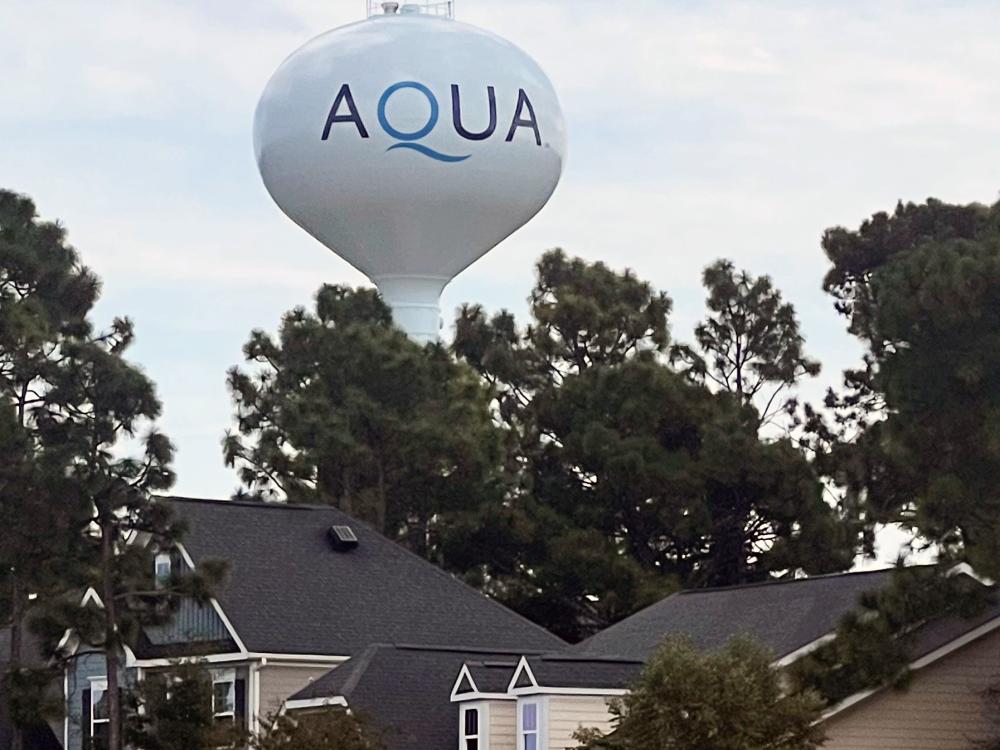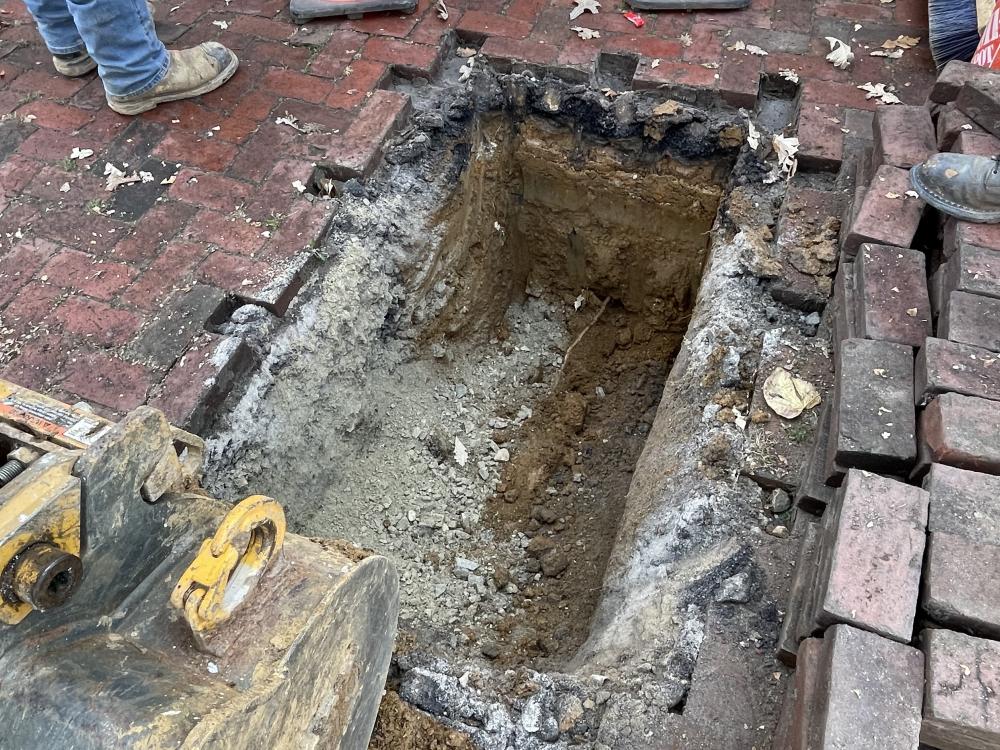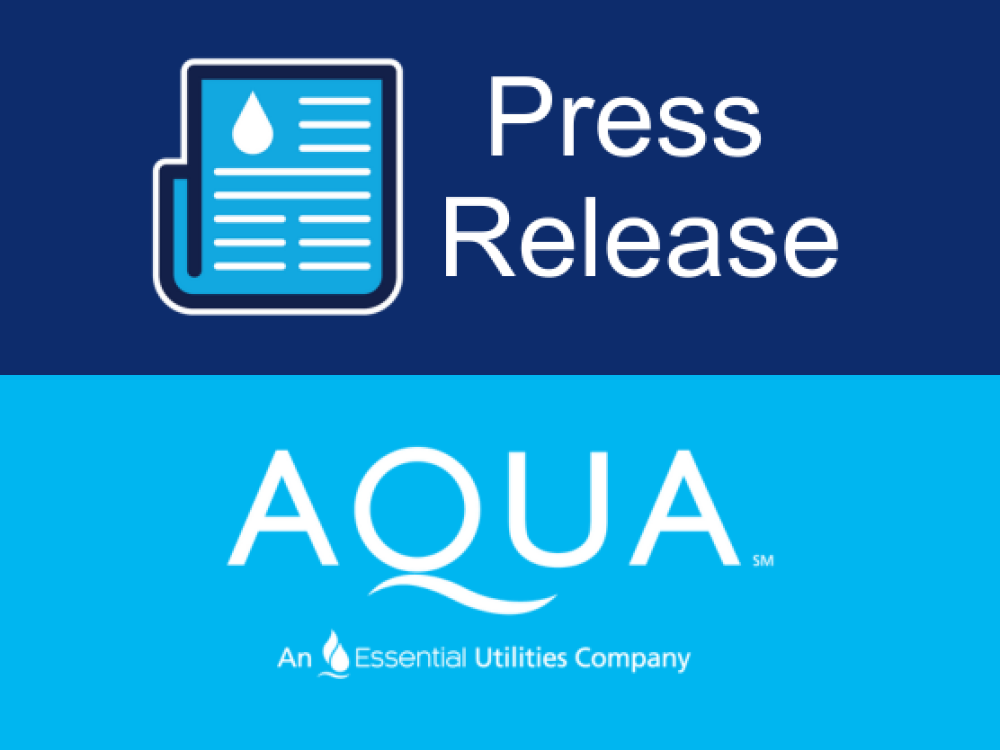Under Pressure: What's a Boil Water Advisory, Anyway?
Sometimes, due to adverse weather conditions, infrastructure updates or other changes to your water service, Aqua may issue a precautionary boil advisory. We do this to ensure that your family is safe and taking the proper precautions.
We understand that receiving a boil advisory might be confusing, though, which is why we’re here to answer your burning—or boiling—questions.
WHAT IS A PRECAUTIONARY BOIL ADVISORY?
First of all, it’s important to note that different Aqua states use different terms for this type of notice. If you’re in North Carolina, for example, you probably know of boiling advisories as system pressure advisories.
Aqua will issue a precautionary boil advisory through our usual channels of communication:
In addition these notifications, advisory information is added to the Aqua website, and customers enrolled in WaterSmart Alerts, a system that automatically sends notifications about water quality and service issues to impacted Aqua customers, will be notified.
WHY ARE THESE ADVISORIES ISSUED?
According to Aqua North Carolina’s Regional Manager of Compliance/Engineering Michael Melton, “An advisory is put out after [Aqua] has had to shut the system down for emergency repairs, such as a main break or a well pump replacement.”
“When the system is shut down, there is the potential of bacteria to enter the water,” he explains. “It is very unlikely that there will be an issue, but these advisories are put in place in abundance of caution.”
Essentially, if Aqua puts out a boil advisory or system pressure advisory, it is not a sure sign that your water has been contaminated. Instead, it means that we’re playing it safe and would rather you and your family take precautionary measures to ensure the quality of your drinking water. It’s for your (and our) peace of mind.
WHAT DOES THE BOILING PROCESS ACTUALLY ACCOMPLISH?
Okay, so you understand why you’ve received an advisory. But what does the simple process of boiling water actually accomplish?
Between reactions, moving atoms and bouncing water molecules, plenty of scientific things are happening before your water even comes to a boil.
- As water heats up, the vapor pressure increases to match the pressure of the gas around the liquid. This pressure is the key to the boiling process.
- Gas starts to heat at the bottom of the water and rise to the top. (That’s why you see bubbles!)
- As the liquid boils, the extreme heat eliminates harmful pathogens (bacteria, viruses or other microorganisms that can cause disease) from the water.
Other tips to keep in mind:
- Because of the importance of the atmospheric pressure, boiling water at different altitudes is something to keep in mind. The USDA has more information on that subject here.
- Before taking your water off the stove, make sure it reaches a rolling boil at 212° Fahrenheit for one to three minutes.
- This goes without saying, but make sure you let your boiled water cool down before using it for any drinking, cooking or teeth cleaning.
How long should you continue boiling your water after receiving an advisory?
According to Melton, “Upon collecting the sample received by the laboratory and analysis received by Aqua, this process typically takes 24-36 hours.”
When the advisory is officially lifted, Aqua will get back in touch to let you know.
Often, hurricane season and precautionary boil advisories go hand-in-hand. To ensure you’re prepared for anything extreme weather might throw your way, make sure you check out our guide to hurricane preparedness.



